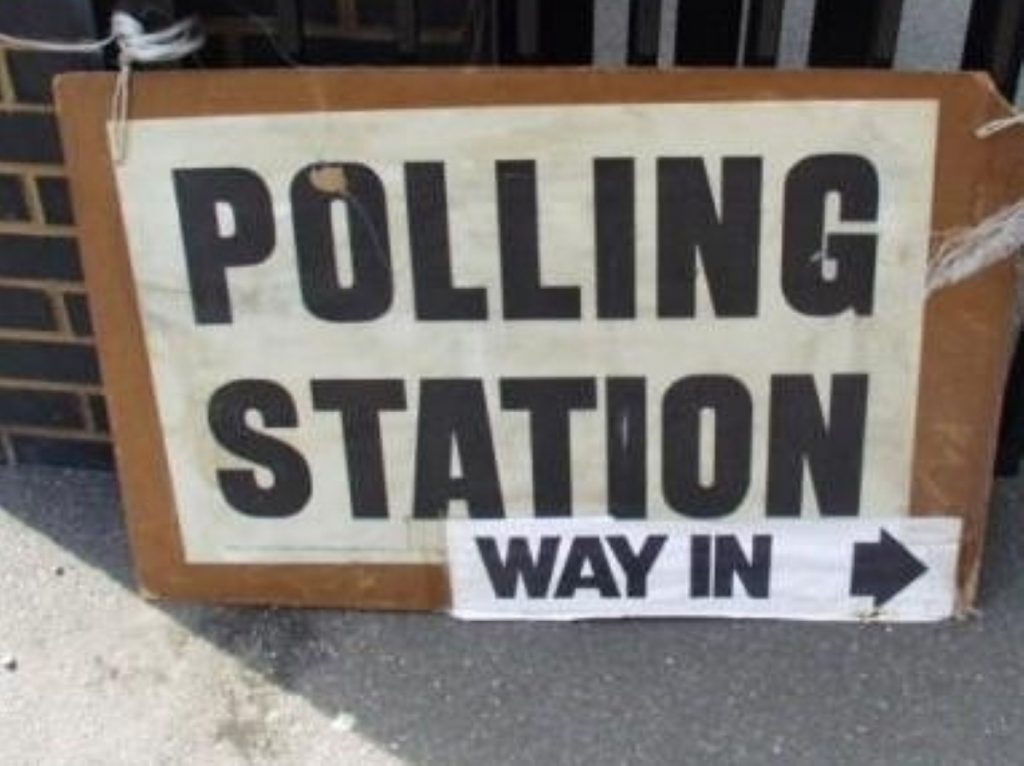Analysis: The brutal battle to reform elections
Electoral reform is set to transcend its spiritual home of political anoraks and policy wonks and be thrust into the public domain. Don’t underestimate its important to the coalition – and the future of British politics.
By Samuel Dale
But will the coverage penetrate through to genuine public interest? Does Britain like its electoral system or does it lament the wasted votes cast in safe seats? Do voters hate voting tactically and are they enjoying the coalition compromises which would become more likely with any changes?
The answer appears to be maybe, according to recent polling. A Comres poll reported that 78% of people back a more proportional system but 72% preferred an outright win rather than a coalition.


These seemingly contradictory findings seem to point towards a wide open poll where the arguments will be crucial. Electoral reform may have been on the backburner for decades but it is going to be thrust into the heart of public discourse next year. And the political implications are enormous and complex.
The Liberal Democrats favour single transferable vote for the Commons as it produces a more proportional outcome of MPs from the national vote. It makes an overall majority for one party highly unlikely and thus coalitions highly likely. Labour had a manifesto commitment to back alternative vote which would retain the constituency link but demand MPs are elected with 50% of the local vote. And the Conservatives back the current system but with a reduction in the number of members and re-drawn boundaries.
The Tories will be forced to argue that coalitions are bad, while reiterating how great the current one is. You can guarantee there will be some loose tongued Tory cabinet minister ready with a quote along these lines. Meanwhile the Liberal Democrats must argue that the system that benefits them the most is also the fairest. Labour, meanwhile, could do anything – sit on its hands, campaign vigorously for AV or have a free vote.
For the Liberal Democrats everything is at stake. The pain of a harsh Budget was only stomached for the prize of some electoral reform, even if not their dream ticket of STV. If they lost then their MPs would be unlikely to accept any more tough Conservatism and question why they are even in this coalition.
But if they win the contrasting images of depressed Tories and wildly excited Liberal Democrats will put a huge strain on the coalition. David Cameron will be blamed by his party for allowing the abomination of making hung parliaments more likely in the future. The outcome is so important to both sides of the coalition that whatever it is, it will create huge friction.
Whether or not electoral reform really does light up public discourse is a side-issue, the next 12 months is going to be a fiery time in Westminster as a result.









